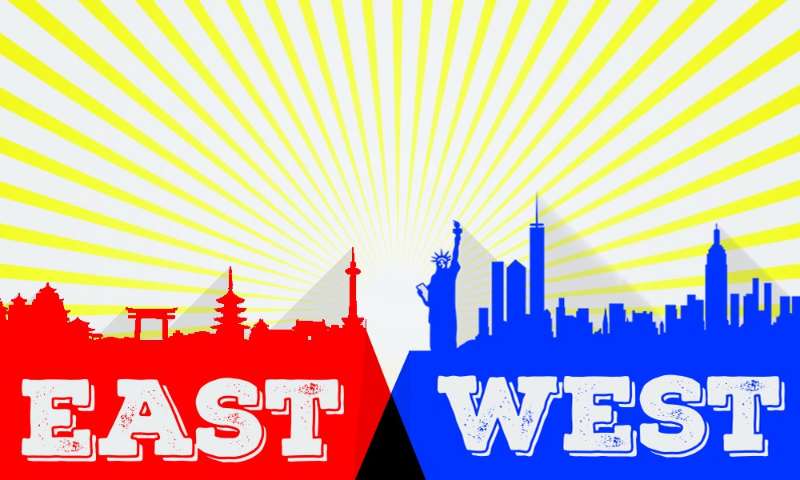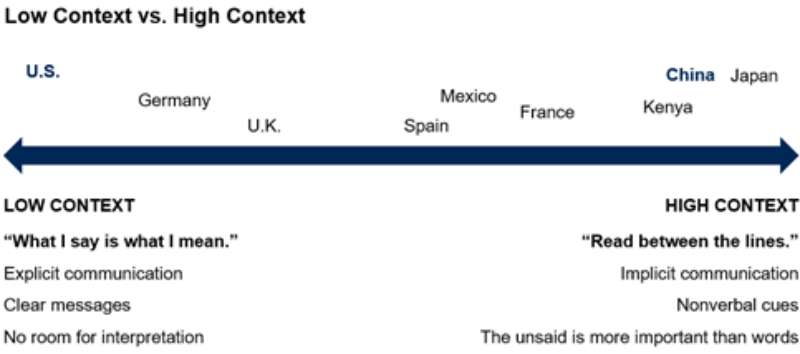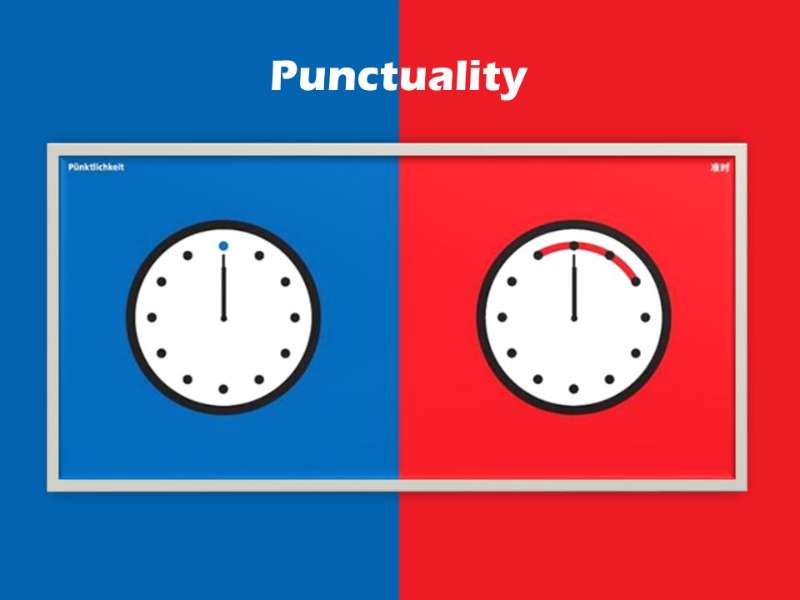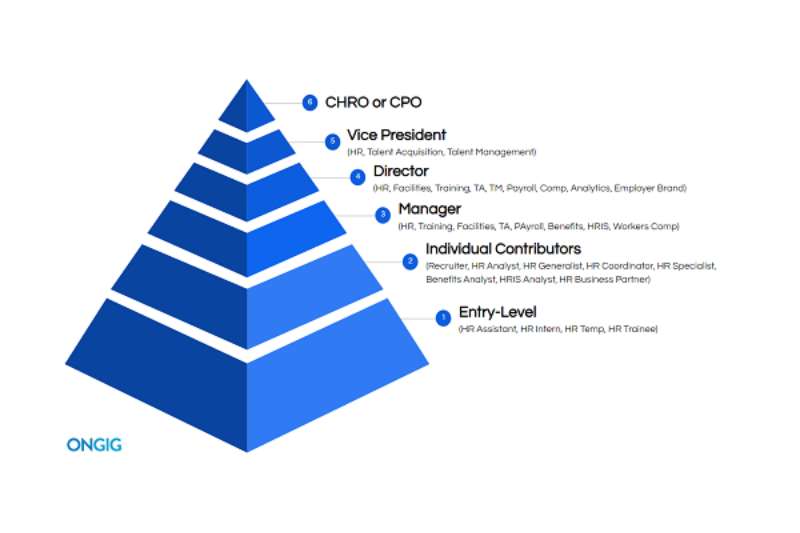Working with foreigners is quite a fascinating experience. There are many differences, especially between East vs. West cultures. Thus, to have excellent business relationships, you must first understand these differences.
We’re a Chinese Sourcing company with a decade of experience in the industry. We’ve had the privilege of working with millions of buyers and suppliers worldwide. As a result, we have a clear understanding of the two cultures.
In this article, we’ll look at how Eastern culture differs from Western culture. By the end, you should be able to communicate and act accordingly in relation to the two cultures.

- Why are cultural differences important in business?
- Communication Mode
- Business Mentality
- Differences In Thinking
- Punctuality in Business
- Boss Concept
- Operating Hours
- Understanding of Personal Space
- Individualism vs. Collectivism
- Dealing with Problems
- Importance of Relationships
- Focus on Politeness
- FAQs about East vs West
- What’s Next
Why are cultural differences important in business?
Understanding cultural difference is the first step toward success in the global market. This is because culture gives you an insight into what people expect from you.
Imagine you start a business that people don’t like. Chances are very slim that you’ll even make it through the first year.
Let’s say you are doing business with someone in the Western culture. You’ll notice that they speak loudly when sharing ideas. In the eastern culture, people are calm and speak softly.
That’s why you need to understand these tiny details. They will help you negotiate much better and close lucrative deals.
Now let’s dive into the difference between eastern culture and western culture.
Communication Mode
Communication between the eastern and western cultures has several distinctions. These distinctions include high context communication for the eastern world. Low context communication is that from Western cultures.

“Communication between people from eastern countries and western world.”
In the West, people say what they mean and mean what they say. They are bold and transparent while expressing themselves. People from the West aren’t afraid to show frustration or anger towards certain things. In short, they use direct communication.
In east asian countries, people use indirect communication. They don’t say what they feel out loud. Instead, they prefer to use nonverbal expressions. Easterners also avoid straight talk to ensure harmony prevails. Most suppliers won’t say directly that they can’t do this. They would be respectful and try to find your solutions.
Business Mentality

Just like communication differs from eastern culture vs western culture, so do business operations.
Westerners are open-minded when it comes to business. To them, money is money. They only need written agreements to conduct business. If you approach a Westerner with a great offer, no doubt you are bagging the deal.
That is not the case for fellows from Eastern cultures. Here, business people value relationships more than money. So they have to trust you before they give you an offer. But once they do, it’s a long-term relationship with excellent benefits.
Differences In Thinking
Eastern and Western cultures have different thinking patterns. Westerners think in linear patterns. They are curious to understand the cause and effect of a problem. That way, they can find a relationship between the two.
Professionals from eastern countries have a spiral pattern of thinking. They tend to find the root cause of the problem to solve it.
Also, companies in the West have well-defined rules that govern them. These rules act as action plans for solving existing problems. Businesses in the East don’t rely on rules and regulations. They work by examining each situation on its own. In Short Western companies mostly have certain principles to deal with any situation. On the other hand, Eastern companies react according to the situation and mend their values too.
Punctuality in Business

Time is a critical factor in the success of both the east and west corporate culture. It is generally considered rude and very unprofessional to arrive late to a meeting. Although both cultures adhere to punctuality, there are still a few potential complications.
For instance, in Western countries, punctuality is quite clear. People tend to arrive at the scheduled time and start meetings almost immediately.
On the other hand, Easterners aren’t prompt in adhering to the meetings’ designated time. Most influential individuals are less likely to keep time. Individuals with lower ranks don’t have the flexibility of arriving late for meetings. Nevertheless, if you arrive late for a meeting in Asia, it’s assumed that you have a credible reason. So, be prepared with answers after the meeting.
Boss Concept

Hierarchy is common in both the eastern and western cultures. For example, in the western culture, you can be comfortable talking to your boss. Senior executives are also very willing to help their subordinates. Generally, there is a sense of equity where all workers feel they are on the same team. Every team member could give thoughtful comments and advice according to the situation.
Eastern cultures have quite different hierarchical systems. The top executives in the organizations have the final say. Junior staff must follow a chain of command while airing their issues. Workers aren’t seen openly discussing opinions in the eastern world.
Operating Hours

Nowadays, the corporate environment in the West is much more flexible. It’s more of a result-driven work culture than the typical 9-5. However, this doesn’t necessarily mean that people work less in western societies. If anything, they can work for longer hours to produce quality work. They are more focused on Productivity and outcome, so they try to be creative.
Workers in Asia find it hard to distinguish between work and personal life. There are no flexible hours. Individuals tend to work longer hours to gain favoritism and praise from their bosses. Averagely, the majority of workers who live in Asia or Middle East countries work for 48 hours. Eastern work ethics are more strict, and employees are more disciplined. Deadlines are achieved on time, and you get updates side by side.
Understanding of Personal Space

Personal space varies depending on the culture.
When talking to an American, you’ll notice they stand at least 12 -15 inches away from you. If you move closer, then you are invading their personal space. In eastern cultures, the distance varies in size. In Eastern countries, people stand further away from one another.
Personal space is much closer in the Middle East than in the West. As you move back, the person moves closer. Physical distance is reflexive. You won’t measure it physically but mentally. So, when a person is standing too close to you, don’t get too offended. They might just be trying to put a point across.
Looking for the Best China Sourcing Agent?
Leeline Sourcing helps you find factories, get competitive prices, follow up production, ensure quality and deliver products to the door.
Individualism vs. Collectivism

People from Eastern and Western cultures have distinct ways of life. Easterners are generally collectivists, while Westerners are individualistic. If you observe eastern cultures, you notice that they uphold family values. Children don’t leave their parents’ homes at an early age. Some even wait till marriage before moving out.
Besides, parents from the East invest in the future of their kids. They even give them finances to start businesses. But in the West, parents don’t focus on their children’s future. Instead, kids move out at eighteen to look for the right jobs. Western culture believes in individual liberty and freedom. Sometimes parents focus on their parts, and children focus on their parts. It gives chances to both of them to grow.
Dealing with Problems

Westerners believe in categorizing problems. This means Westerners tend to use the most direct approach to solving problems. Problem-solving is a collective forum where all members contribute. Senior members are open to hearing what their subordinates have to say.
Easterners (e.g., East asia) have a more articulate way of solving problems. This involves a series of debates, opposing ideas, and brainstorming. Doing so helps them to refine strategies and solutions to existing problems. For example, it’s rare for subordinates in Asia to speak openly during a meeting. Instead, they sit, mull over the problem, and talk once selected by their seniors.
Importance of Relationships

Relationships are a critical factor in creating a healthy work environment. Cultural differences dictate the extent to which individuals form relationships in the workplace. For example, in the Western world, workers have minimal interactions with their bosses. Therefore, employees only focus on working with no desire to build relationships.
In Eastern culture, colleagues enjoy building long-term relationships. It is common to share personal experiences with other colleagues in the office. Thus, it creates a friendly workplace with no conflicts.
Focus on Politeness
People from Eastern and Western cultures have their own way of showing politeness. For example, a Westerner will greet you with a cheerful “Hello!”. Or, “How are You?”. They can even discuss the weather to create a rapport.
Easterners start their greetings with general statements. e.g., “What brings you here?” Some might rule out this approach as privacy intrusion.
FAQs about East vs West
1. What are cultural challenges in business?
These are challenges that occur while offering products in different cultures. As a result, you should understand the behavior of your target audience. So, think of how your product will fit into other origins. Or what benefits you are bringing to a new market.
2. What is the impact of cultural differences?
Cultural differences affect how two individuals from dissimilar cultures do business. For example, Americans dive into business negotiations straight away. But, East Asians prefer lengthy informative sessions before actual negotiations. Thus, you need to research the manner of business proceeding before approaching these individuals.
3. What is a culture clash in business?
A culture clash is a misunderstanding arising from people with different cultural norms. For example, in the West, the word “Yes” means that a party is in agreement. In the East, yes implies that they understand what you are saying. But not 100% in agreement with it.
What’s Next
It’s evident that the eastern and western culture have their unique differences. You should be aware of the local norms before you identify new markets in a foreign country. Do plenty more research to understand how these cultural differences might affect your business relationships in a specific country.
So, do you want to build a long-lasting relationship with a Chinese Supplier? Or find the best brands to work with in the eastern market? Feel free to reach out to us on our contact pages.








